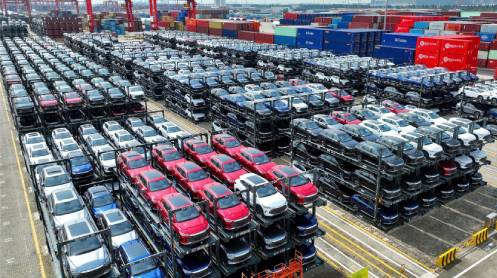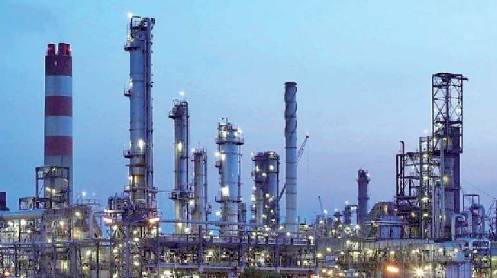Pakistan Climate Conference was held here on Wednesday to bring together global climate experts, policymakers and corporate decision-makers to discuss how Pakistan could meet the country’s global climate commitments.
Speaking at the occasion, Kazeem Khan, GM Nature Based Solutions, Asia Pacific from Shell, said that there was a huge playing field where a lot of investment was being made towards ensuring Net Zero.
“A lot of oil and gas companies are pivoting away from their traditional businesses and investing in renewables,” said Khan while acknowledging that it; however, remains a challenge.
“It is a big challenge as the size of the renewables portfolio is not as big as their current businesses, which also has an effect on their profitability. This field is also very competitive as there are a lot of players like we have utilities and there are other players that are entering the space so we have to be competitive as well,” opined Khan.
Khan also talked about the dependence on oil and gas for energy in light of the ongoing Russia-Ukraine war. “The current conflict in Russia and Ukraine has really shown the dependence on oil and gas. It is very easy for everyone to assume that we aren’t going to switch overnight but actually when it comes to the crunch of the issue, our countries are very much reliant on oil and gas,” he said.
“…And when there is any disturbance, it reflects on the prices of the commodity as the oil prices have now crossed $100 per barrel. Therefore, we need the balance in the transition to be progressive,” he added.
He acknowledged that renewables were going to play an important role in the future for countries like Pakistan that have ideal conditions. He; however, admitted that it would take some time for the entire oil and gas sector of the country to make the transition to renewables, adding “I see it happening at pace.”
Response to a question whether commitments, made at COP 26, would be withheld due to the Russia-Ukraine war, Khan acknowledged that they [commitments] seemed to be falling down.
“The carbon pricing has halved in the market compared to the oil prices which has increased considerably and the energy security priorities have also changed due to this conflict,” Khan remarked.







